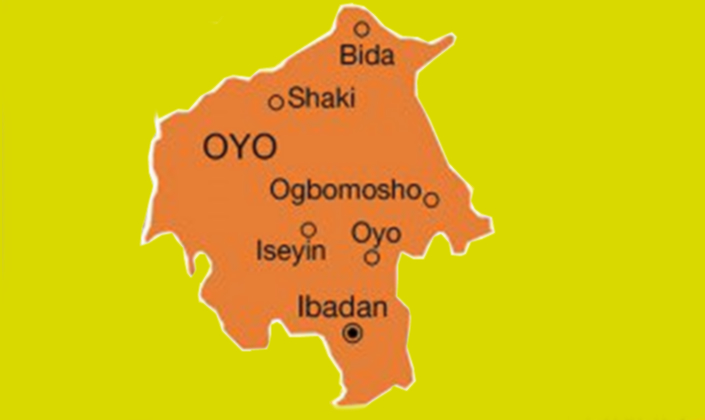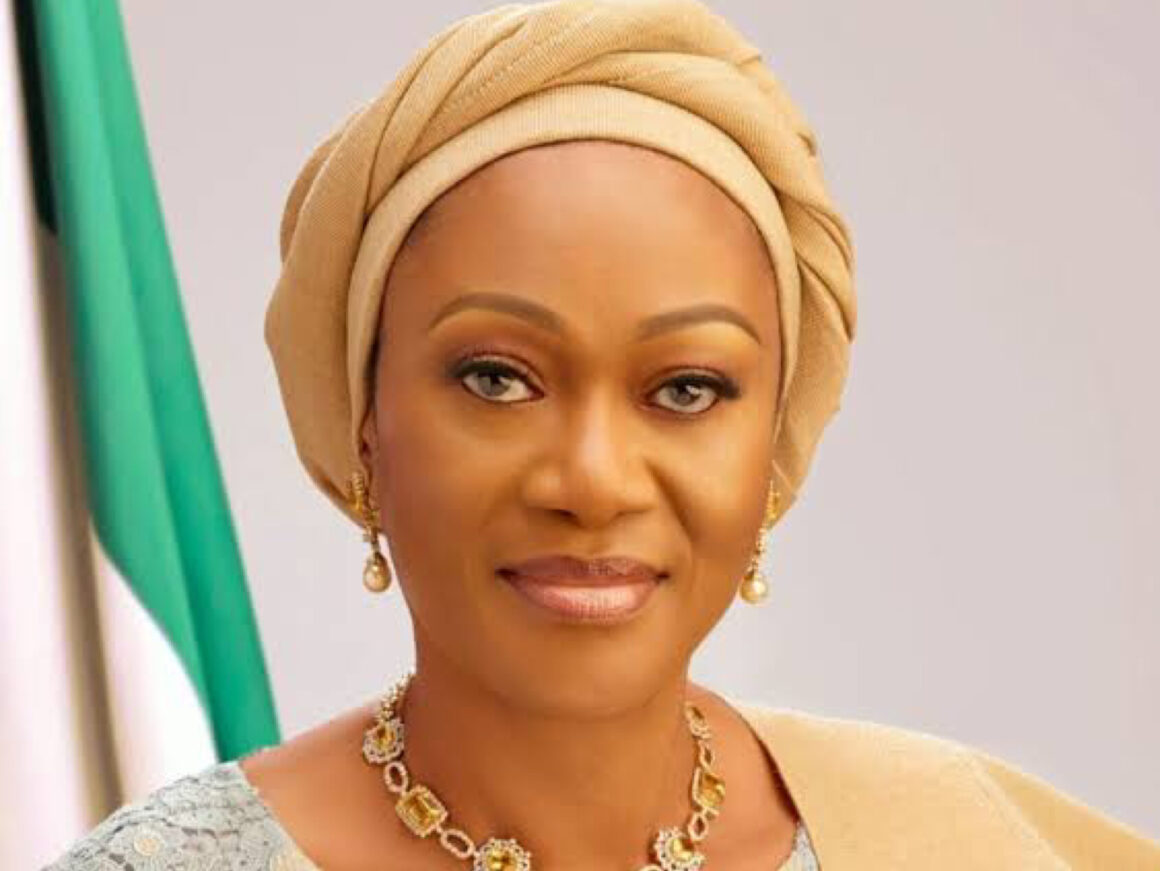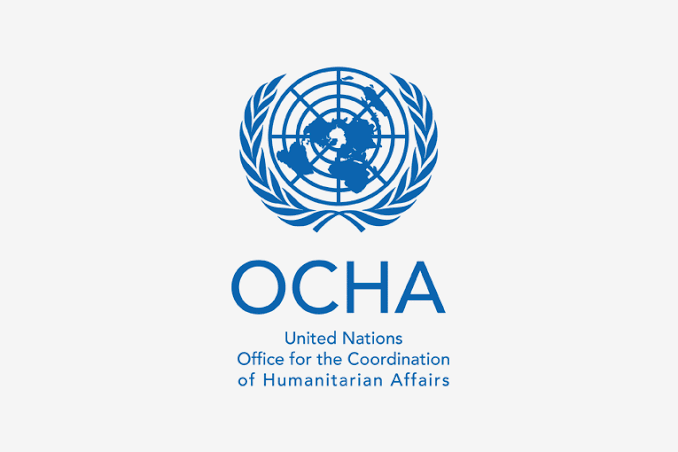News
DNA: 1 in 4 Nigerian paternity tests still return negative, Report reveals
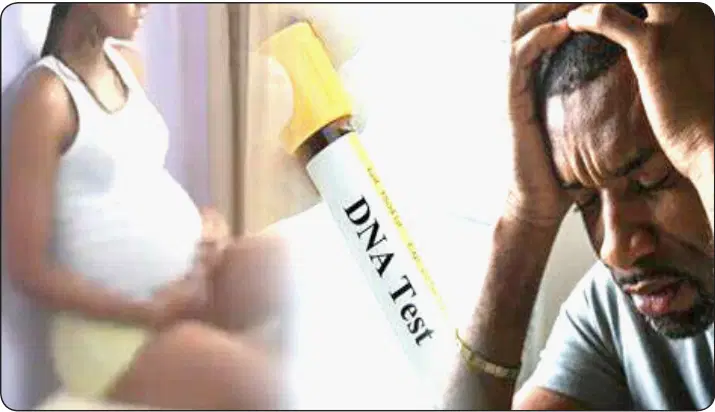
A new report by Smart DNA Nigeria has revealed that one out of every four paternity tests conducted in the country still comes out negative, highlighting ongoing family trust issues and rising demand for DNA verification.
The Lagos-based genetic testing firm, in its 2025 Annual DNA Testing Report released this week, disclosed that 25 per cent of paternity tests carried out between July 2024 and June 2025 confirmed that presumed fathers were not biologically related to the children. Although slightly lower than the 27 per cent recorded in 2024, the figure was described as a “worrying and consistent trend.”
Speaking on the findings, Smart DNA’s Operations Manager, Elizabeth Digia, said: “These findings are not just about science; they tell us something profound about trust, relationships, and the legal and economic realities of Nigerian families today. Our role is to provide certainty through accurate testing while encouraging sensitive handling of the life-changing information our clients receive.”
The report further showed that firstborn children, especially sons, had the highest rate of negative results, with firstborn boys recording a 64 per cent exclusion rate compared to later-born siblings.
It also revealed a rise in immigration-related DNA testing, which now makes up 13.1 per cent of all tests, driven by Nigeria’s ongoing emigration wave known as the “Japa” trend. According to the firm, many families undergoing relocation seek DNA documentation for children as part of dual-citizenship or migration processes.
The data also showed that 88.2 per cent of tests were initiated by men, while women accounted for only 11.8 per cent. Older men, particularly those aged 41 and above, made up 45.5 per cent of clients, suggesting that financial stability plays a big role in pursuing paternity confirmation.
Children between ages zero and five were the most tested group at 58.6 per cent, showing an increase from the previous year as more parents seek early clarity to avoid future disputes.
Lagos State continued to dominate DNA testing with 69 per cent of cases. Within Lagos, Lekki (20.3 percent), Yaba (15.8 percent), Ajah and Ikorodu (10.5 percent each), Surulere and Ikeja (9 percent each) emerged as leading hubs.
In terms of ethnicity, Yoruba families accounted for the highest number of tests at 53 per cent, followed by Igbo families with 31.3 per cent. Hausa participation was notably low at 1.2 per cent, pointing to cultural differences in the acceptance of DNA testing.
The report further revealed that 83.7 per cent of DNA tests were conducted for personal peace of mind, while only 1.4 per cent were court-mandated. Male children were tested more than females, making up 53.8 per cent of total cases, which analysts link to cultural emphasis on verifying male lineage for inheritance and family name preservation.
Commenting further, Digia said: “We’re seeing more people come forward with doubts they’ve harboured for years. Some of these cases involve emotional trauma and even financial exploitation. A policy framework is overdue. Our figures reflect those who already had reason to question paternity, and as such, the results should not be extrapolated to all Nigerian families.”
-

 News4 hours ago
News4 hours agoOpposition Reps raise alarm over alleged non-implementation of 2025 budget
-

 Business4 hours ago
Business4 hours agoCurrency outside Banks rises 10.2% as money supply expands
-

 World News4 hours ago
World News4 hours agoNigeria’s exports to Africa hits N4.82trn
-

 National News4 hours ago
National News4 hours agoClean Energy key to survival, healthy living — Remi Tinubu
-
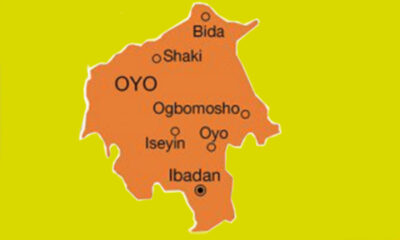
 Metro4 hours ago
Metro4 hours agoPolice Inspector killed as officers rescue kidnap victim in Oyo
-

 News35 minutes ago
News35 minutes agoBREAKING: Soludo orders closure of Onitsha Main Market over sit-at-home defiance


